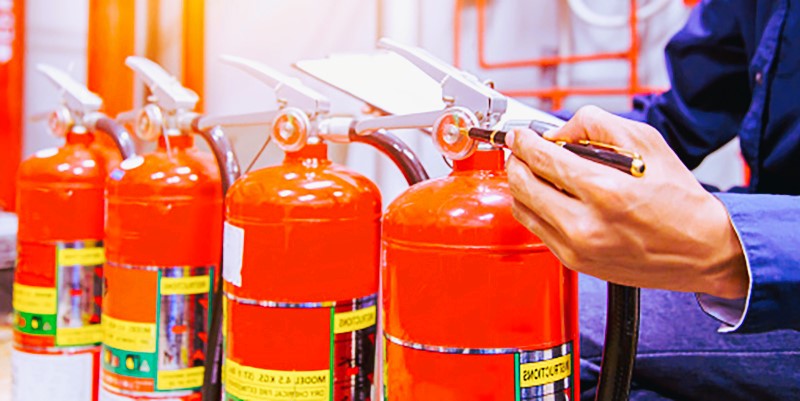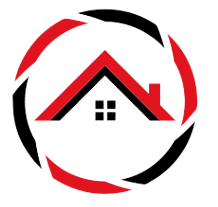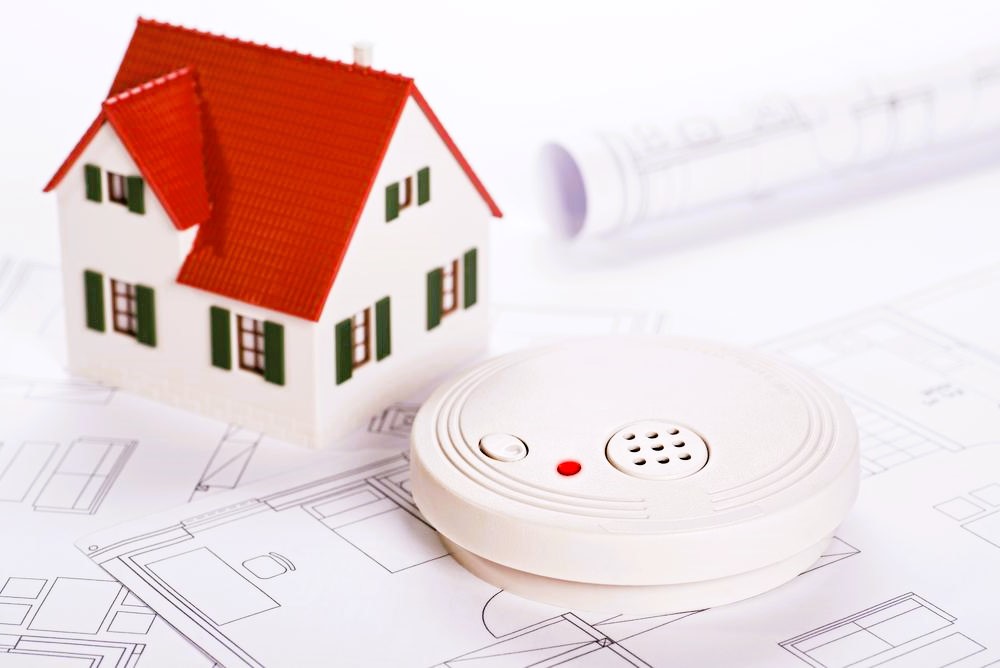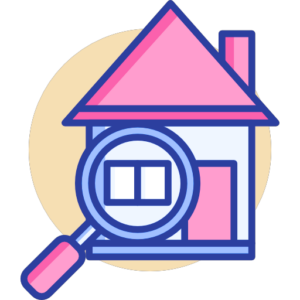Fire safety is a paramount concern for homeowners in Parksville, Canada, and all around the world. A fire can cause devastating damage to a property and pose serious risks to the lives of its occupants. Conducting fire safety inspections is crucial to identify potential fire hazards, ensure compliance with safety regulations, and implement necessary measures to protect your home and loved ones. In this article, we will explore the importance of fire safety inspections in securing your home and reducing the risk of fire-related incidents.
Understanding Fire Safety Inspections
Fire safety inspections involve a thorough assessment of a property to identify potential fire hazards and ensure that fire safety measures are in place and up to code. Trained professionals, such as fire department personnel or certified fire safety inspectors, typically conduct these inspections.
Key Aspects Covered in Fire Safety Inspections
1. Fire Alarms
Inspectors will check the functionality and placement of fire alarms throughout the property. Fire alarms are essential for early detection of fires, giving occupants valuable time to evacuate safely.

2. Smoke Detectors
Smoke detectors play a vital role in alerting residents to the presence of smoke, even before flames are visible. Inspectors will ensure that smoke detectors are in good working condition and appropriately distributed in key areas of the home.
3. Fire Extinguishers
Inspectors will verify the presence of fire extinguishers in accessible locations within the home. They will check the extinguishers’ expiration dates and ensure that they are suitable for the types of fires that may occur.
4. Electrical Safety
Electrical hazards are a common cause of house fires. Inspectors will examine the electrical system, including wiring, outlets, and electrical panels, to identify potential fire risks.
5. Heating Appliances
Inspectors will assess heating appliances, such as furnaces and wood stoves, to ensure they are installed and maintained correctly. Malfunctioning heating systems can lead to fire incidents if not properly maintained. The importance of regular window maintenance, which inspectors can find fault with, is more detailed in this article.
6. Kitchen Safety
The kitchen is a high-risk area for fires. Inspectors will check for safe practices, such as proper storage of flammable materials and the presence of functioning fire suppression systems.
7. Escape Routes
Inspectors will evaluate the accessibility and effectiveness of escape routes, such as doors and windows, to ensure quick and safe evacuation in case of a fire emergency.
Benefits of Fire Safety Inspections
1. Early Detection and Prevention

Fire safety inspections help identify fire hazards early, allowing homeowners to take preventive measures and reduce the risk of fires occurring.
2. Compliance with Regulations
Conducting regular fire safety inspections ensures that the property complies with local fire safety regulations and building codes.
3. Enhanced Fire Preparedness
Homeowners who undergo fire safety inspections are better prepared to handle fire emergencies and protect their families and property.
4. Peace of Mind
Knowing that your home has undergone a comprehensive fire safety inspection provides peace of mind, knowing that you have taken important steps to secure your home.
Conclusion
Fire safety inspections are a critical aspect of protecting your home and loved ones from the devastating impact of fires. By evaluating fire alarms, smoke detectors, fire extinguishers, electrical systems, heating appliances, kitchen safety, and escape routes, inspectors can identify potential fire hazards and ensure that appropriate fire safety measures are in place.
As a responsible homeowner in Parksville, investing in fire safety inspections is a proactive approach to safeguarding your property and creating a secure living environment for you and your family. If you want to learn more about this topic, you can also check out the rules source: canada.ca



